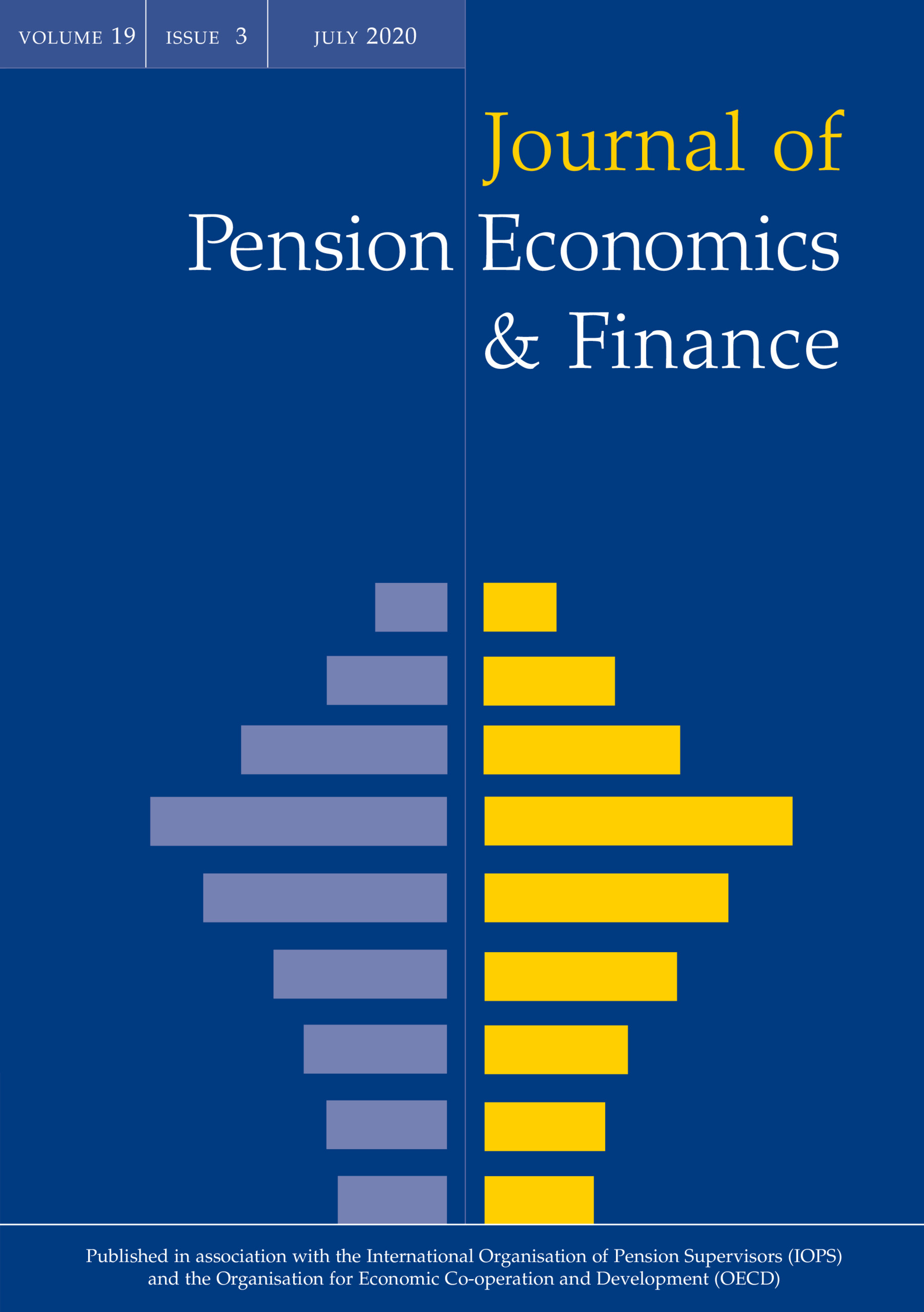2020 OECD Pensions Outlook
From OECD The OECD Pensions Outlook provides an analysis of different pension policy issues in OECD countries covering both public and private, defined benefit and defined contribution, pay-as-you-go and funded retirement provisions. Prepared against the background of the COVID-19 pandemic, the 2020 edition discusses policy guidelines to help governments strengthen the resilience of their retirement savings and old-age pension systems. Get the book Here!




